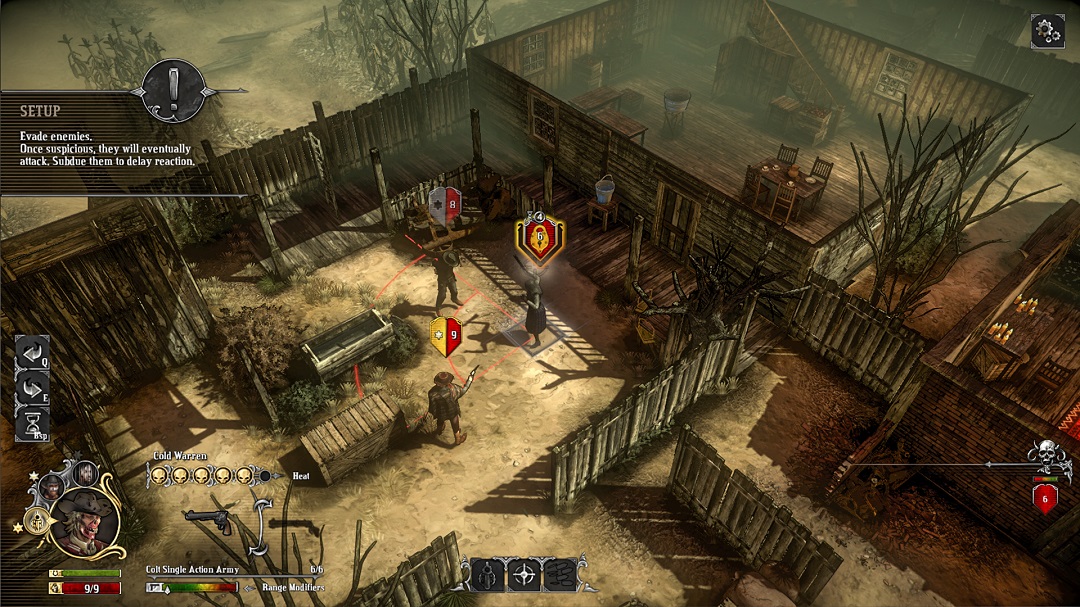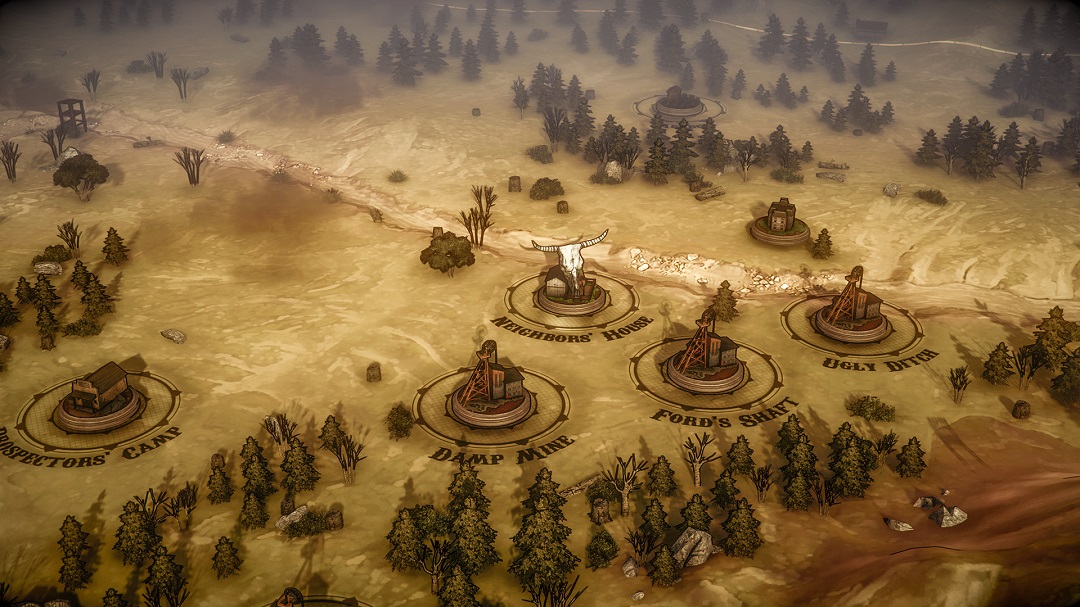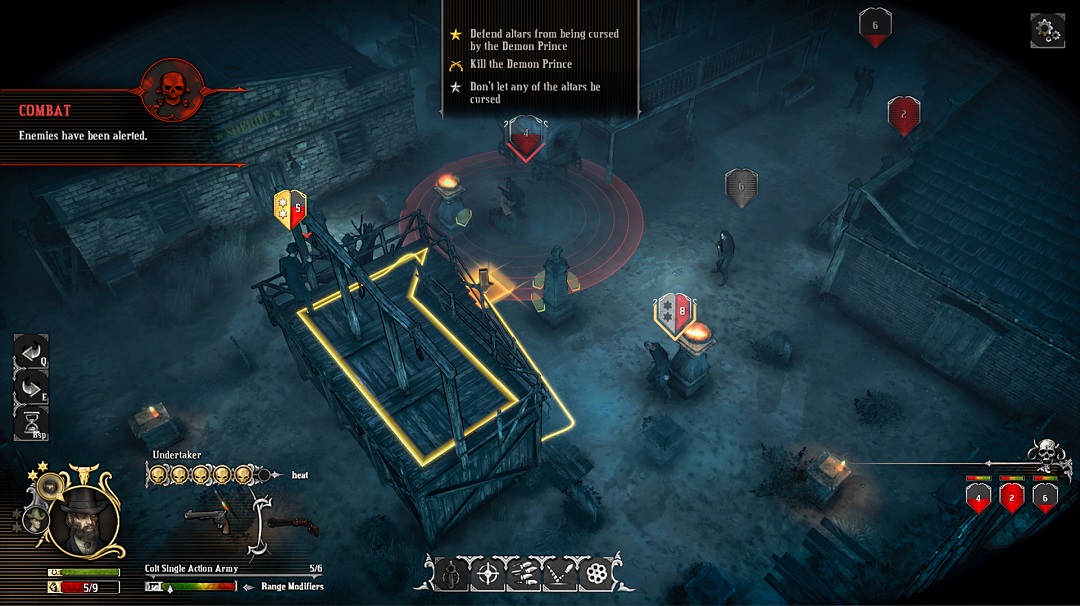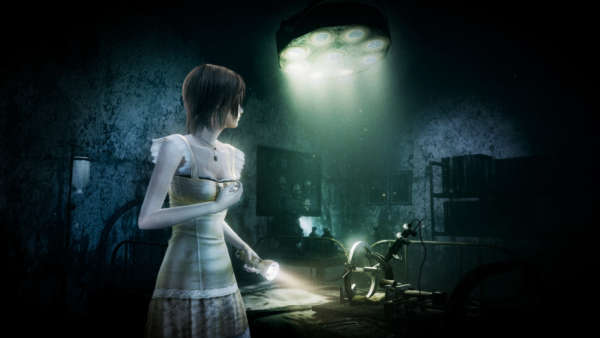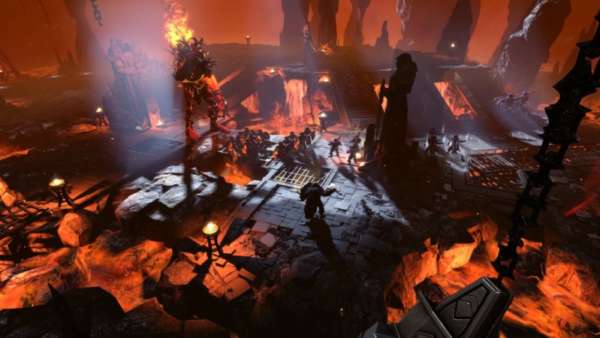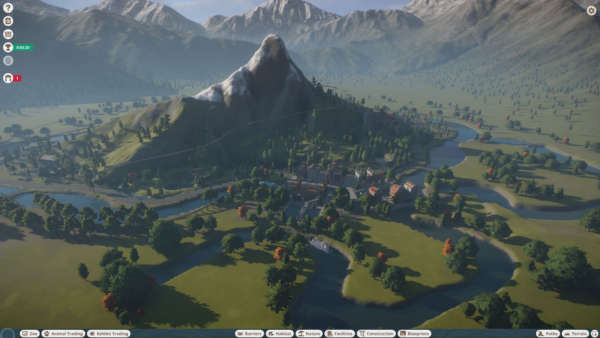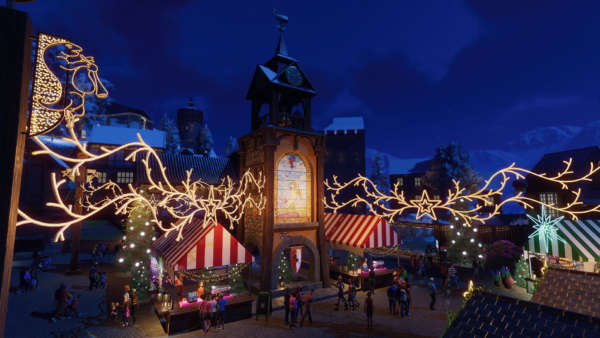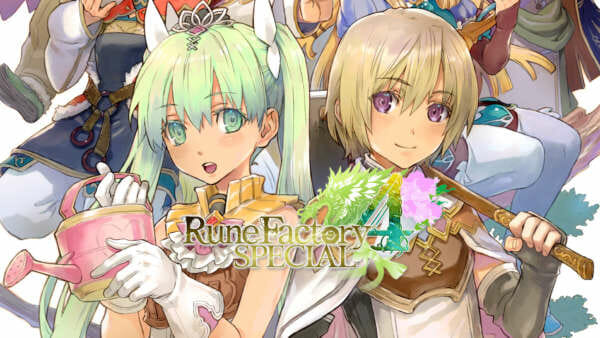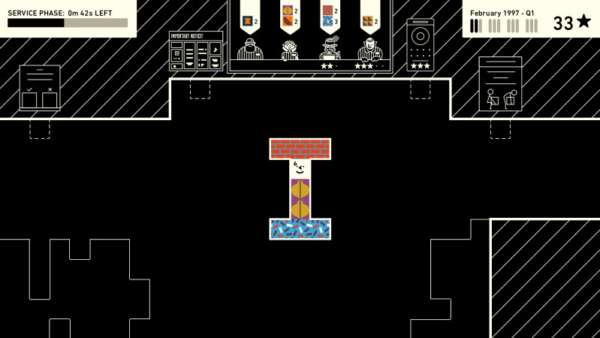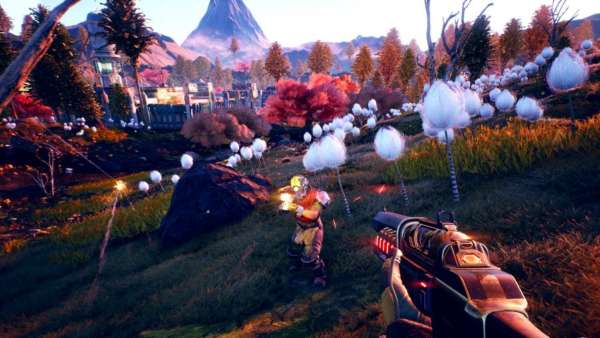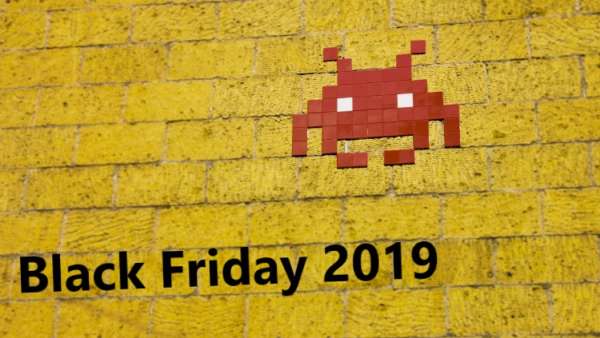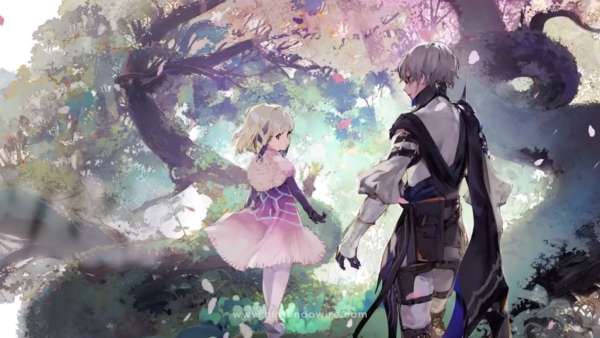XCOM’s revival in 2012 served as a welcome return, as well as a great introduction to the genre of tactical RPGs. With XCOM 2 on the way in 2016, I’m sure many are chomping at the keyboard for their next dosage of turn-based squad combat. While it may be a far cry from the gene splicing and laser rifles of XCOM, Hard West seeks to combine the tactical goodness of Firaxis’ series with an occult version of the Wild West. It may get the battles right and its supernatural interpretation of the Wild West is a unique twist on this oft-used setting, but it simply does not have the staying power to have you coming back for more after its seven or so scenarios wrap up.
As the title suggests, Hard West takes place in an alternate version of the Wild West, where your neighbourhood sheriff may have to deal with demons and rogue clairvoyants, along with outlaws and cattle rustlers. Rather than having the player follow a singular story path, Hard West’s campaign unfolds over a series of scenarios, where you take the role of a single main character and follow their exploits across the West for a handful of missions, before unlocking the next one. Many of these characters do persist over multiple scenarios, either popping up to aid or sometimes kill the star of the previous scenario, making the Hard West universe seem like a living entity, rather than just a set of separate campaigns that just happens to be set in the same location. There is a ‘choose your own adventure’ element to these scenarios as well, with decisions you make impacting who turns up or what missions you do in a future scenario. They are discrete enough to feel natural, as opposed to obvious binary decisions which make it blindly apparent to the player that this choice will effect a future story path, but they also have the problem of being a little too discrete in places. You’ll only realise a decision you made earlier in a campaign will affect the one you are currently in and even then, your reaction will be a passing ‘oh yeah, I remember that’, before moving on to shoot more cannibals in the face.
The scenario structure works well for those who maybe only have an hour or two to play at a time, giving players a succinct unit of gameplay with an intro, some overworld gimmick and a climax in the form of a boss fight or extended combat mission, before opening up the next scenario. However, it has the opposite effect of never letting you get attached to the characters you have just been playing as. Characters lose all of their equipment and experience whenever you start a new scenario, even if the next scenario has you playing as the same person, making any character connection fleeting. You don’t get that personal link to a character like you would in a title like Ogre Battle or Fire Emblem, where you’ve seen one of your troops go through multiple battles and become their own force of nature. Instead, it’s more pump and dump, as you watch your character riddle a town full of bullets, to either lose all their equipment, never see them again or blow their head off in the next scenario.
